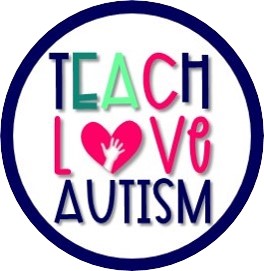Special Education Classroom Setup: Tips for Creating an Effective Plan
As a special education teacher, you have some unique challenges that a traditional grade level teacher doesn’t have. It’s important to recognize those, understand them, and plan for them. And that planning starts when you set up your classroom. As a veteran teacher in an […]
🔒 This content is for members only.
Join the Teach Love Resource Membership and get full access instantly!





